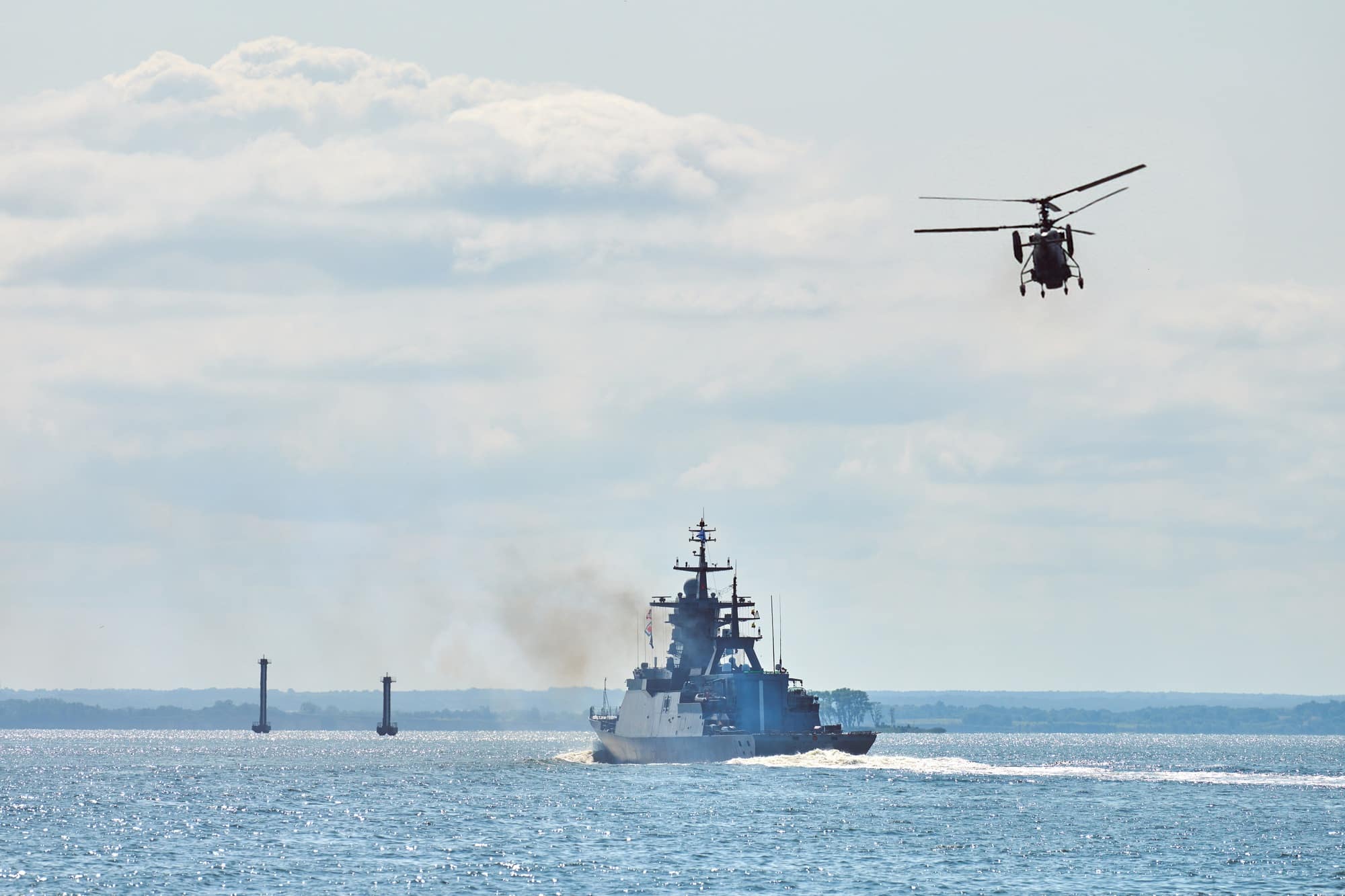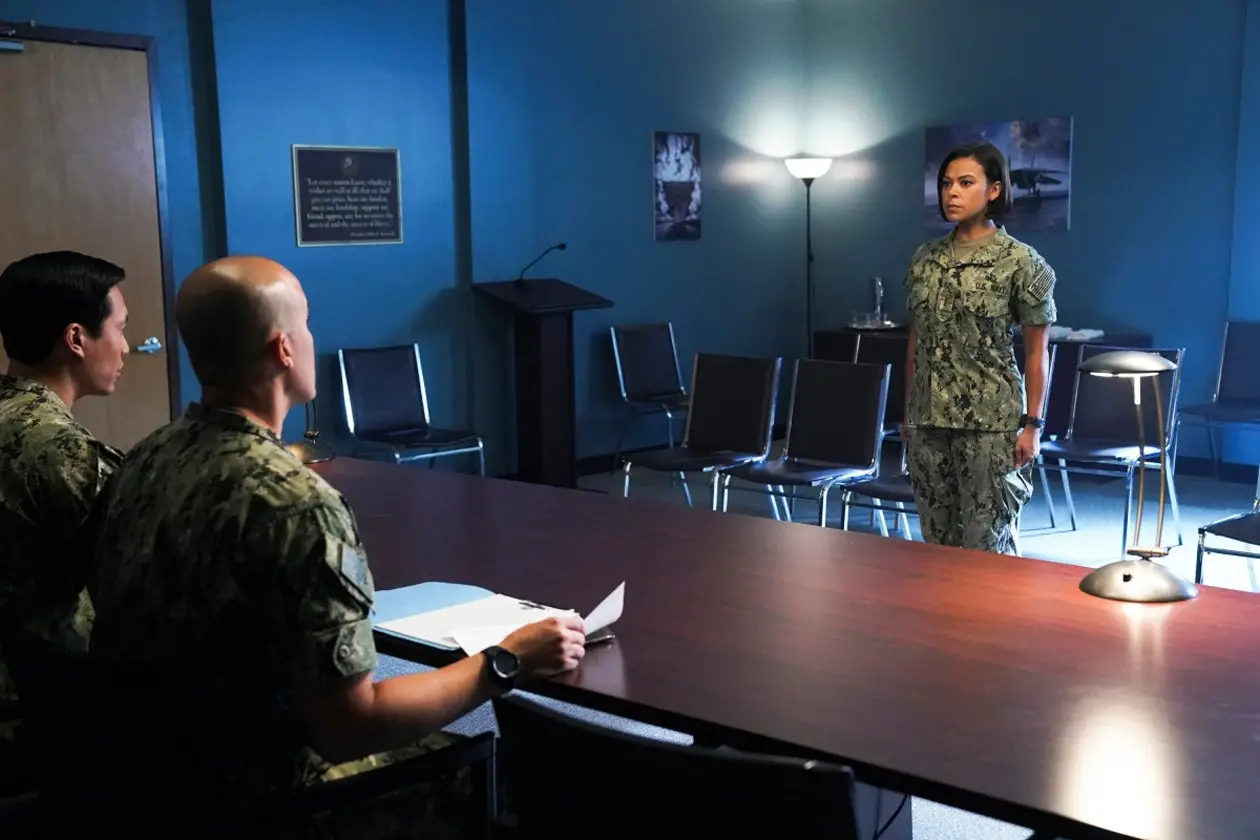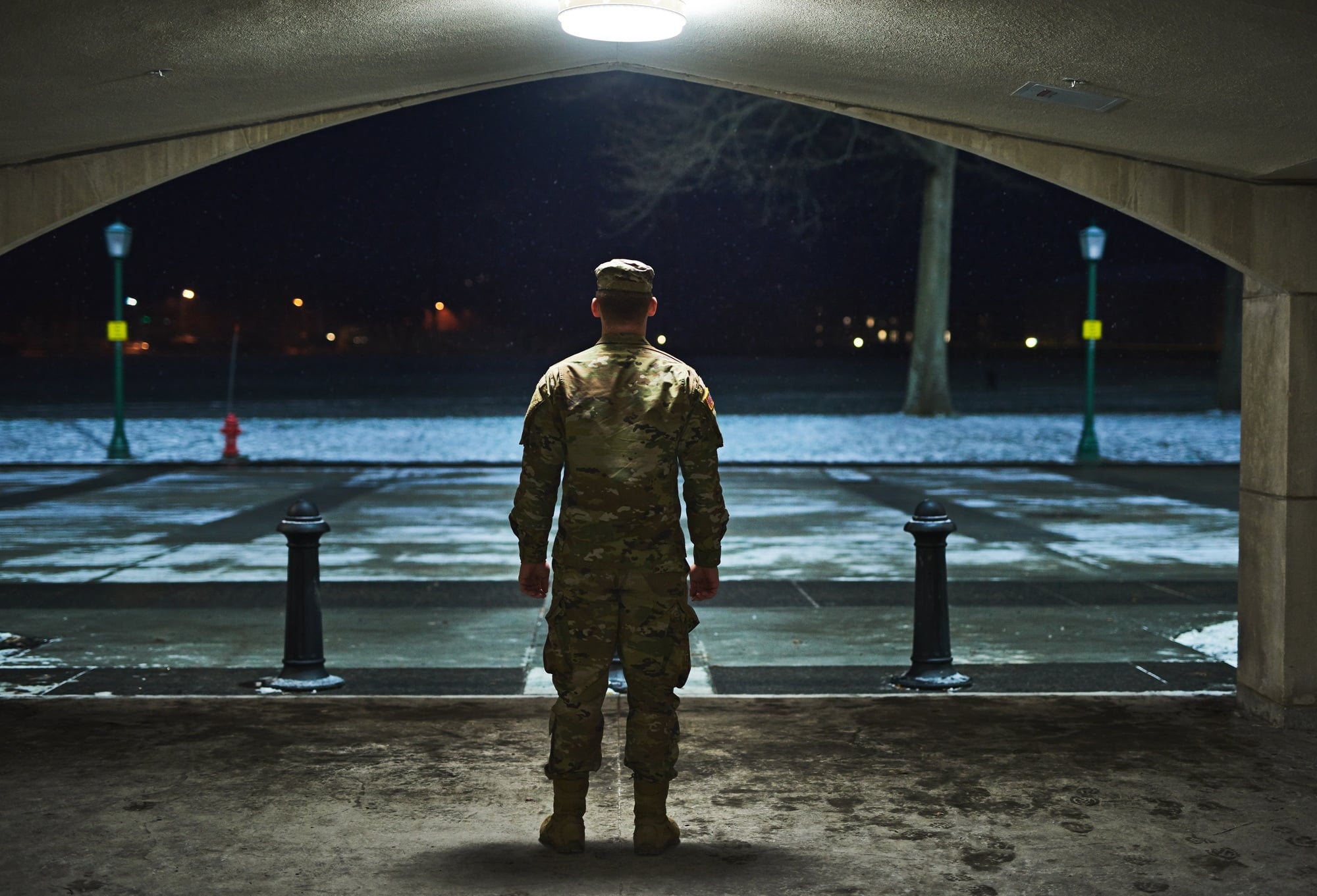Article 31 rights. Can you remain silent as a soldier? Can investigators order you to talk? “You have the right to remain silent; anything you say can and will be used against you in court.” Anyone who has ever watched a crime drama on television knows that famous line that the cop tells the perp just before putting the cuffs on. Believe it or not, this line is more than some iconic “cop drama” dialog. That phrase and the rights accompanying it originate in a famous court case known as Miranda v. Arizona and are often referred to as “Miranda” warnings. If you are a Soldier, Airman, Sailor, or Marine, you may ask yourself, what good is Miranda to me? I have to follow orders and do what I am told. I can’t refuse to answer questions, can I? Well, the short answer is “yes,” you can refuse to answer questions. In fact, as a member of the armed forces, whether Army, Navy, Air Force, Marine Corps, or Coast Guard, you have more rights when suspected of a crime than a civilian.
To fully appreciate, let’s look at the process for civilian law enforcement.
For Miranda to apply in the civilian world, certain conditions must be satisfied.
-
Firstly, the individual being questioned must be in police custody. Custody means that they are not free to leave. The definition of custody could be met by being in a locked room, handcuffed, or even being told that you will be charged with a crime.
-
Secondly, you must be subject to interrogation. Thus, questions regarding identity or other identifiers, even if in custody, do not necessarily require civilian police to provide civilian suspects with Miranda warnings.
Example: Let’s say you are a civilian, and the police suspect you of committing a robbery. Officer Jones calls you and says, “Why don’t you come to the station so I can get your side of things?” In response, you drive to the police station and meet Officer Jones, who immediately asks if you committed the robbery. Does civilian law enforcement require Miranda warnings in this situation? The answer is no. Remember the requirements for civilians, custody, and interrogation. You have interrogation based upon Officer Jones’s question. However, you voluntarily drove to the police station at Officer Jones’s request. You were not forced to go to the police station. You could have decided to ignore Officer Jones and stay home. Thus, Officer Jones does not need to give you any warnings as the civilian custody requirement has not been met. Therefore, he can continue asking about the robbery. More importantly, were you to admit to the robbery under these circumstances, the government could use that admission against you in court.
Miranda’s military rights are different from those of civilian law enforcement.
In Military law enforcement circles, the concept of an absolute right against self-incrimination is slightly different. Miranda rights for Military members are controlled by Article 31, UCMJ. Before CID, OSI, NCIS, CGIS, or any other military law enforcement agent interrogates a suspect, they must advise them of their rights under Article 31. Article 31 rights include the following:
-
right to remain silent,
-
right to have an attorney, and
-
the right to stop answering questions at any time.
The custody requirement is the most significant difference between Article 31 for Military members and Miranda for civilians. All military members are entitled to Article 31 rights, regardless of whether or not they are in official custody. Thus, Military members have a substantial advantage over civilians in this regard.
Keeping all of this in perspective
Remember the golden rule: talking to law enforcement is NEVER a good idea if you are suspected of a crime. As a former cop, I can tell you that law enforcement officers have one job: to gather evidence. They are not your friends and don’t care about your side of the story. They conduct interviews with suspects to support their arrests. Understanding that dynamic puts you ahead of most people in this situation. So remember, just because you are a military member, regardless of the branch of service or your rank, no one can order you to incriminate yourself. You have an absolute right under UCMJ Article 31 to remain silent and request an attorney. I think I speak for many military and civilian attorneys when I say know your rights and exercise them liberally. It’s the best thing you can do to improve your chances when faced with criminal accusations. Need an attorney to represent you? Contact Crisp and Associates Military Law for a consultation. Our veteran-owned and operated firm understands your military rights.



